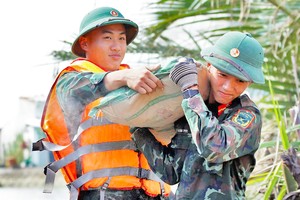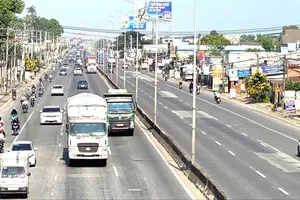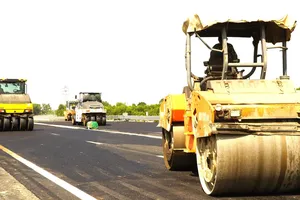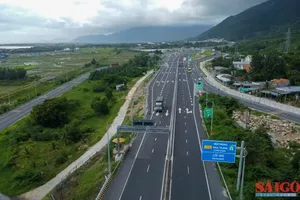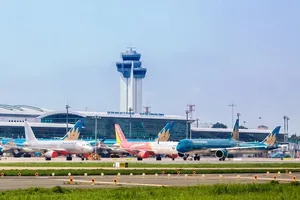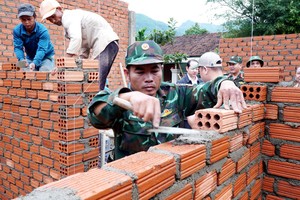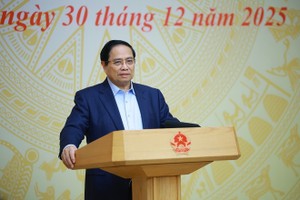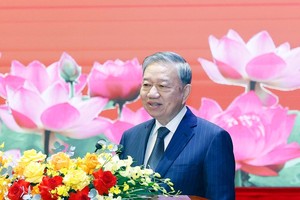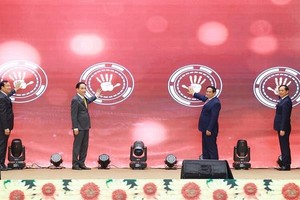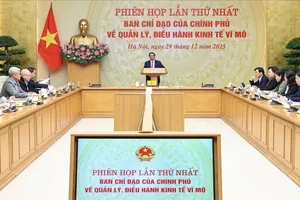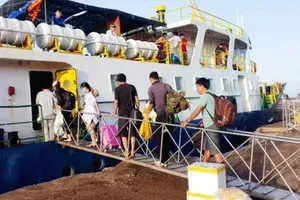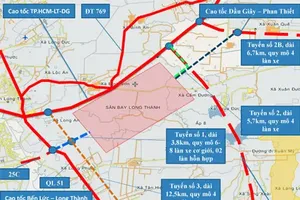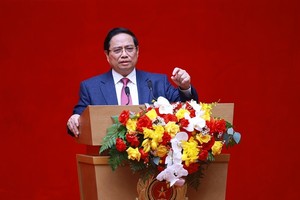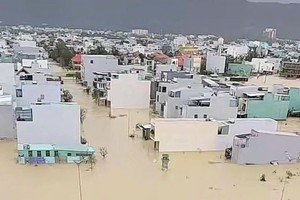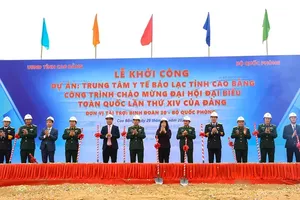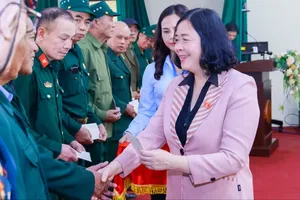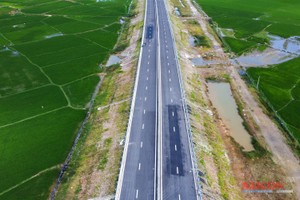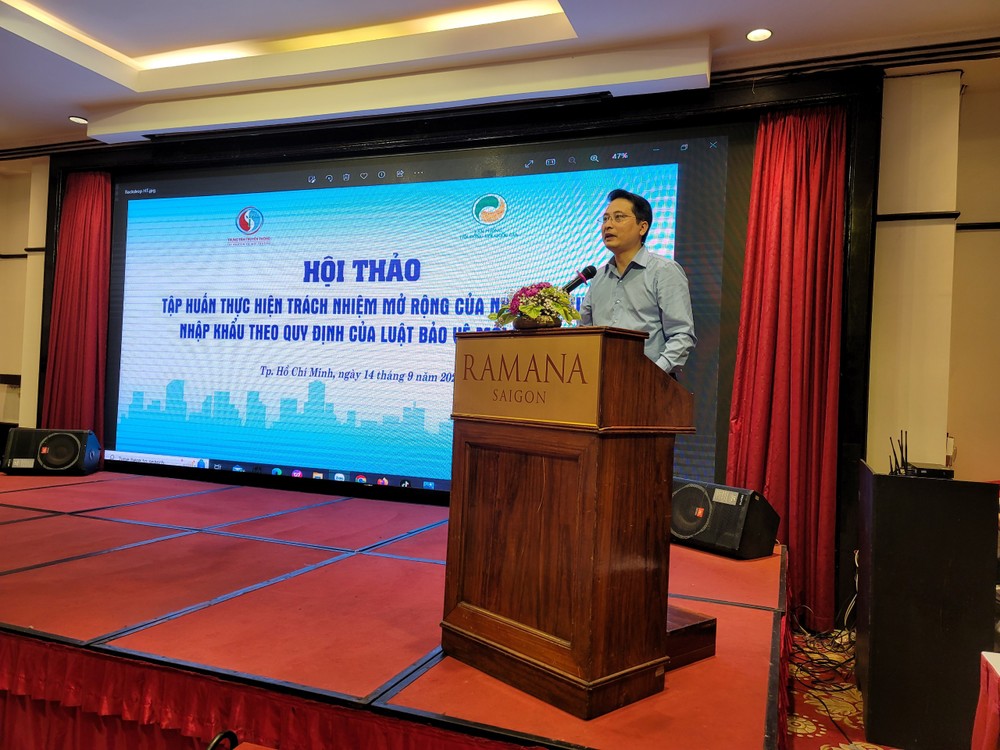
A representative of the Department of Legal Affairs under the Ministry of Natural Resources and Environment said that according to the provisions of the Law on Environmental Protection 2020, the extended producer responsibility (EPR) regulations, an environmental regulation in which a producer’s responsibility for a product is extended to the post-consumer stage of a product’s life cycle, will officially take effect after January 1, 2024.
The special regulations apply to manufacturers and importers of batteries, accumulators, lubricants, tires and packaging (commercial products) who will take responsibility for collecting, and recycling the products and packaging they produce and import after consumers throw the above-mentioned products away.
Three years after the 2020 Environmental Protection Law was passed by the National Assembly, management agencies, manufacturers, importers, as well as recyclers, have been racing against time to enforce this EPR regulation. Management agencies have urgently completed relevant regulations and institutions to implement EPR such as establishing the National EPR Council, and the National EPR Council Office.
These bodies submitted their proposal about the cost of recycling products. products and packaging (referred to as Fs), to the Prime Minister. Moreover, they have been developing regulations on the management and use of contributions from manufacturers and importers to support recycling and waste treatment and building the national portal on EPR information.
A representative of the Department of Legal Affairs announced that up to now, related management agencies have completed the necessary conditions for the implementation of EPR early next year. Accordingly, the Ministry of Natural Resources and Environment has built an online registration, declaration and reporting system in which manufacturers and importers will register, declare and report on the National EPR Portal without having to send files to the Ministry of Natural Resources and Environment.
For the preparation of this, there have been dozens of dialogues, consultations and meetings between the government and manufacturers, recyclers, managers, and scientists to listen to opinions. Moreover, responsible agencies have organized many training courses for manufacturers, importers, and recyclers in the North region, the Central region, and the South region.
